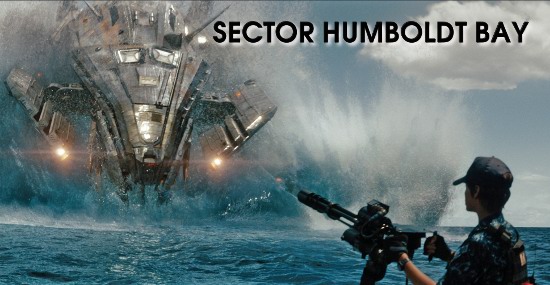
From the the U.S. Coast Guard, Group Humboldt Bay:
Coast Guard Group Humboldt Bay, the U.S. Coast Guard command responsible for operations from the California-Oregon border to the Mendocino-Sonoma county line, will be renamed Coast Guard Sector Humboldt Bay effective May 31, 2013.
Group Humboldt Bay is changing its name as a result of a service-wide standardization initiative, but the switch will not impact any services provided to the public.
“There will be no changes to operations or services provided to the public,” said Captain Salvatore Palmeri, Commander of Group Humboldt Bay. “The only difference the public may notice is how we identify ourselves on marine radio broadcasts, how we answer the phone, and the name on our unit welcome sign.”
The command is responsible for coastal and offshore search and rescue, law enforcement and emergency response operations in the region and also assists state and local agencies with inland emergency response operations. The Sector will continue to operate its main headquarters in McKinleyville, which includes a command center and three search and rescue helicopters. Coastal search and rescue small boat stations will remain in Eureka and Fort Bragg, along with an aids to navigation team in Samoa, two coastal patrol boats — one in Eureka and one in Crescent City — and several civilian volunteer groups, Coast Guard Auxiliary Flotillas. In 2012, Coast Guard units based in the Humboldt Bay area responded to 264 search and rescue cases, saved 26 lives and assisted local officials with eight inland rescues.
Certain regulatory matters in the Sector Humboldt Bay area that fall under Coast Guard Captain of the Port (COTP) authorities, such as commercial vessel inspections and accident and pollution investigations, will continue to be overseen by the COTP in San Francisco, which maintains a Marine Safety Detachment in Eureka.
The Coast Guard began consolidating various independent units, Marine Safety Offices and Group commands into Sector commands in 2004. Humboldt Bay and the adjacent North Bend, Ore., command were initially included in the change, but were switched back to Groups in 2006 due to unique geographic factors, crew requirements, mission load, and to avoid confusion in the maritime industry among regulatory partner agencies, some of whom equated Sector commands with COTP authorities. Since 2006 the handling of COTP matters in Humboldt Bay and North Bend areas by detachments of the San Francisco, and Portland, Ore., COTPs respectively, has become well understood and both Group commands are switching to Sectors to conform with the national Coast Guard structure.
CLICK TO MANAGE